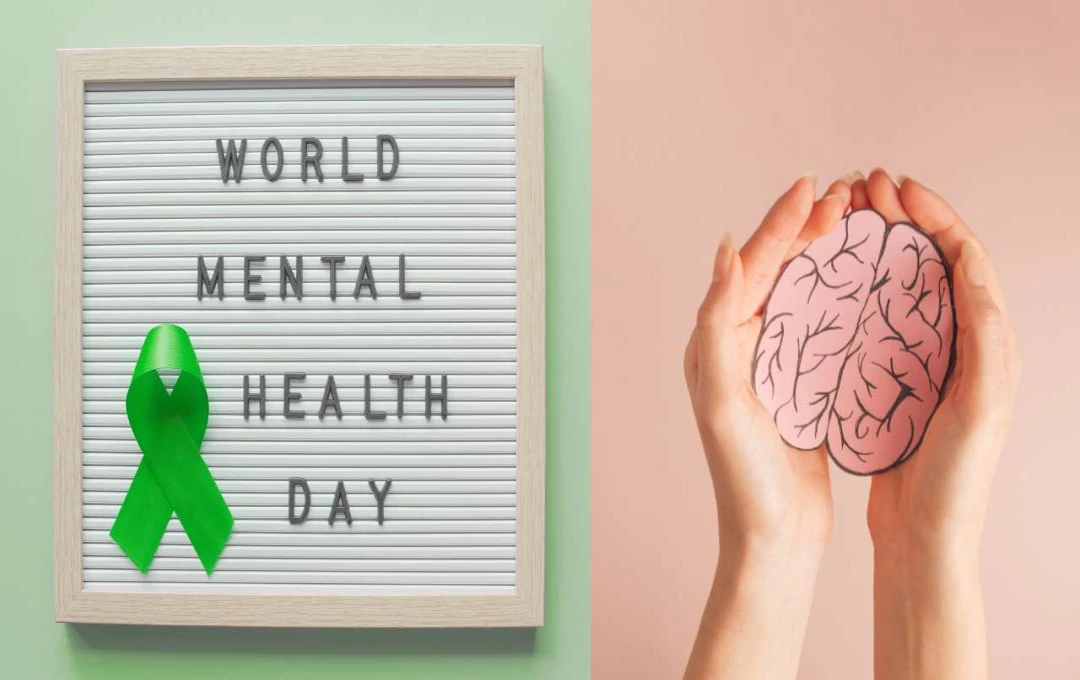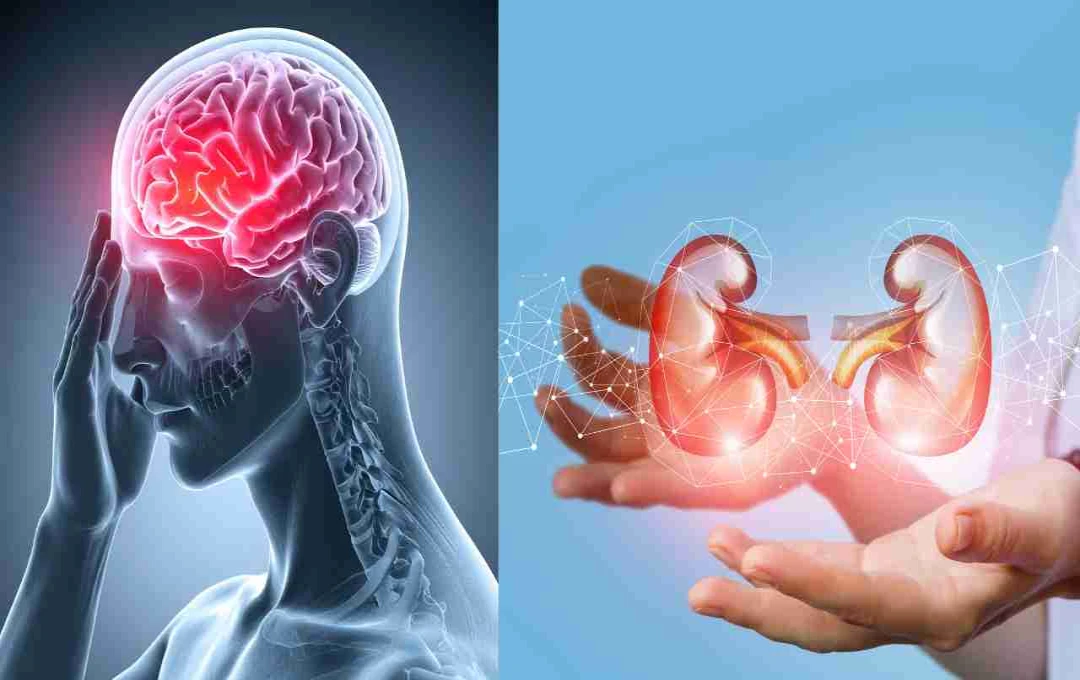Fast-paced life and increasing stress are affecting mental health. Symptoms like persistent sadness, anxiety, changes in sleep and appetite, fatigue, and lack of self-confidence are indicators of this. If not identified and treated in time, it can escalate to depression, severe mental problems, or self-harm.
World Mental Health Day: Today's fast-paced life and increasing stress are negatively impacting mental health. According to experts, persistent sadness, hopelessness, irritability, changes in sleep and appetite, fatigue, lack of self-confidence, social withdrawal, and loss of interest are key indicators of poor mental health. With timely identification and psychological support, it can be controlled; otherwise, it can lead to severe mental problems or self-harm.
Importance of Mental Health
Mental health is not just a mental state; it affects an individual's ability to think, feel, and live life. Poor mental health means a person is constantly experiencing stress, sadness, or discomfort, and it impacts their daily functioning, relationships, and physical health. According to a World Health Organization (WHO) report, millions of people worldwide struggle with mental health issues like stress, anxiety, and depression every year.
Effects of Poor Mental Health

Deterioration in mental health can lead to several serious problems. The most common issues include depression, anxiety, sleep disturbances, lack of self-confidence, and chronic stress. If this condition persists for a long time, the risk of heart disease, obesity, diabetes, and digestive problems increases. In children and young adults, it impacts their studies and social life. Without timely treatment and care, it can lead to severe mental illness or self-harm.
Signs of Deteriorating Mental Health
According to Dr. A.K. Vishwakarma of the Psychiatry Department at MMG Hospital, Ghaziabad district, signs of deteriorating mental health appear gradually. Initially, a person experiences persistent sadness, hopelessness, and irritability. Changes in sleep or appetite, fatigue, and lack of self-confidence are also indicators. Furthermore, the individual begins to withdraw from people, loses interest in their hobbies and passions, and frequently experiences anxiety or fear.
In severe cases, a person may even have thoughts of suicide or self-harm. This situation is particularly dangerous for young people, working professionals, and individuals under prolonged stress. Timely identification and assistance from a psychologist or psychiatrist can prove helpful in controlling it.
Daily Lifestyle and Mental Health

Daily habits are very important for maintaining mental health. A healthy diet, adequate sleep, and regular exercise, yoga, or meditation can help maintain mental balance. Limited use of social media also helps reduce stress. Additionally, taking time for hobbies and preferred activities is beneficial for mental health.
Timely Identification
Early identification of mental health issues is crucial. Persistent sadness, anxiety, lack of self-confidence, or physical fatigue can be signs that a person needs expert help. Seeking timely assistance can prevent a mental health problem from becoming severe.















